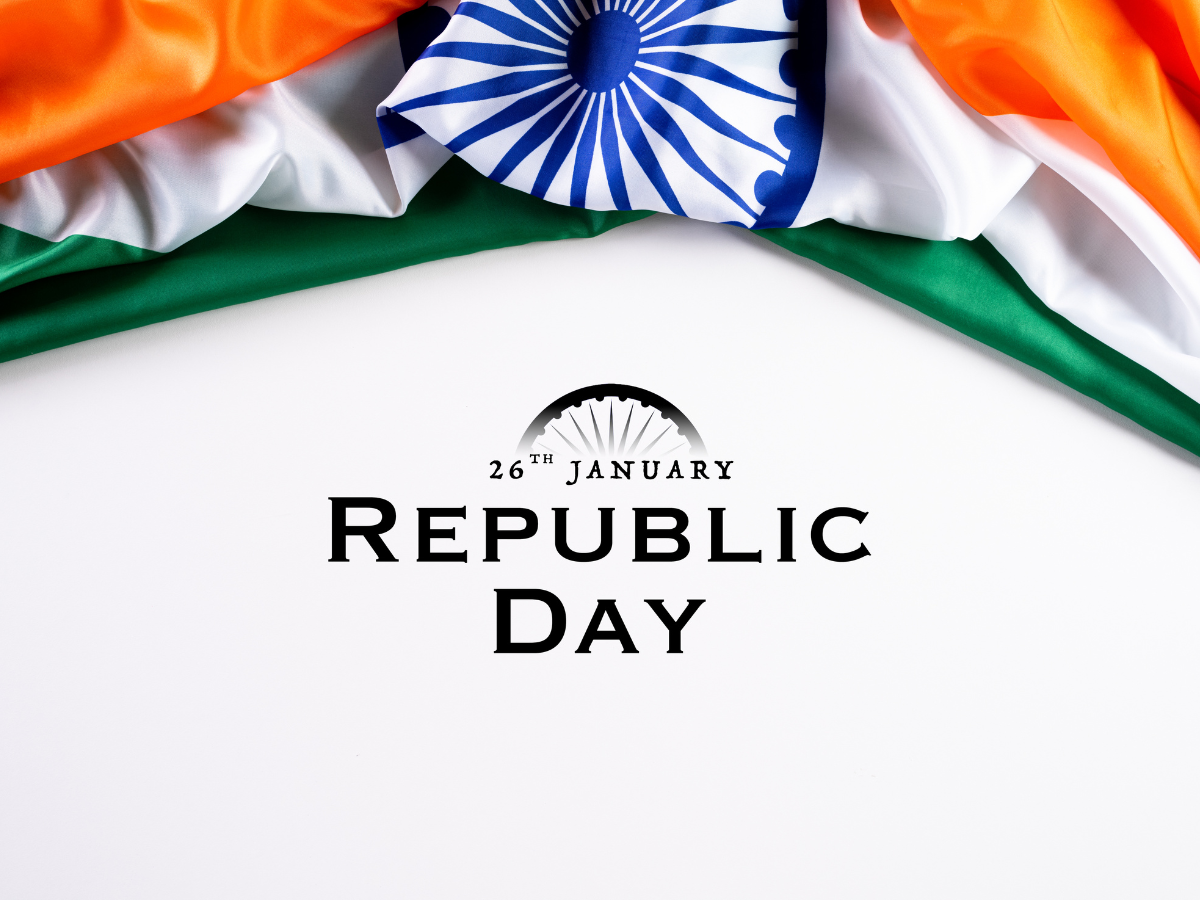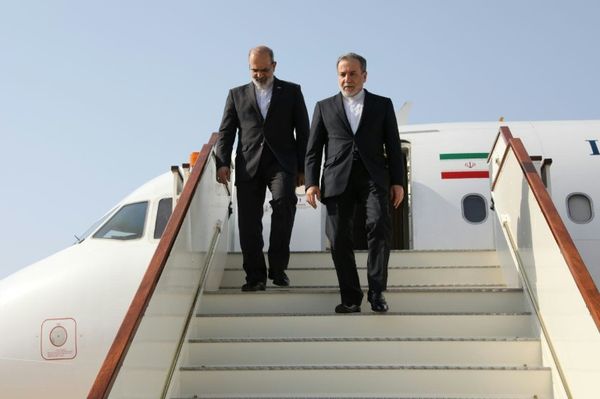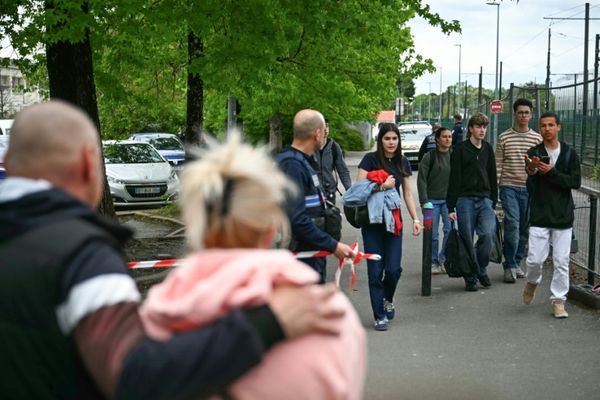
Republic Day is one of the most important national festivals in India. It is celebrated with great pomp and show every year. This year marks the 74th Republic Day of India. Republic Day commemorates the spirit of independent India. The country marks it as a national holiday to commemorate the establishment of the Indian Constitution.
Republic Day celebrates the adoption of the Indian Constitution. The Indian Constitution was adopted on 26th January 1950 and was made by the Drafting Committee, headed by Dr BR Ambedkar. The Drafting Committee got rid of 2,400 amendments while debating and deliberating the constitution, out of nearly 7,600 amendments tabled.
The last session of the Constituent Assembly was held on 26 November 1949, and that is when the Constitution was adopted. It was on 26 January 1950 that it came into effect following the signatures of the 284 members who signed it. The Indian Constitution affirms India's existence as an independent republic.
26 January was chosen as the date because on this day in 1930, the Indian National Congress revealed Purna Swaraj, opposing the British Regime's Dominion status and thus declaring India’s independence from colonial rule.
India's constitution replaced the British colonial Government of India Act (1935) as the country's governing text. On 26 January 1950, the Preamble to the Constitution of India presenting the key principles of the Constitution came into effect. This completed the country's transition to a sovereign republic.
The Constitution states fundamental rights that are to be enjoyed by all citizens of this country. It also establishes fundamental duties for all citizens of the country to abide by.
The independence came through the Indian Independence Act 1947, an Act of the Parliament of the United Kingdom that partitioned British India into the two new independent Dominions. India obtained its independence on 15 August 1947.
Republic Day 2023 will be celebrated on January 26 in Delhi's Kartavya Path. The Republic Day parade is a televised event that millions of Indians watch from their homes. This year, the Republic Day parade 2023 will begin on the newly-constructed Kartavya Path, formerly known as Rajpath.
The parade will be broadcast live on news channels and radio stations, allowing millions of Indians to watch from their homes. On January 26, Prime Minister Narendra Modi, President Droupadi Murmu, and other top leaders will walk along the Kartavya Path. This time, Egyptian President Abdel Fattah El-Sisi will be the Chief Guest of the 74th Republic Day celebrations.
The Republic Day 2023 celebrations will begin with the flag unfurling ceremony. President Droupadi Murmu will raise the national flag.
The Indian Army, Indian Navy, and Air Force will march alongside their regiments and bands will perform at Kartavya Path on January 26. This would be followed by the presentation of state tableaux displaying their culture.
Beating the Retreat ceremony is also an essential part of the Republic Day celebrations. The splendid event takes place on January 29 every year and marks the culmination of the four-day-long Republic Day celebrations. Bands of the three wings of the military – Indian Air Force, Indian Army, and Indian Navy – perform in the ceremony. You can watch the Republic Day Parade and the Beating the Retreat ceremony on television. You can also experience these events in person.
Here are some FAQs about the Republic Day of India:
When is the Indian Republic Day celebrated?
Indian Republic Day is celebrated every year on January 26.Who is the President of India?
Droupadi Murmu is the President of India.Why is Republic Day celebrated?
Republic Day is a public holiday in India where the country marks and celebrates the date on which the Constitution of India came into effect on 26 January 1950.What is meant by the Republic of India?
Though India became a free nation on August 15, 1947, it declared itself a Sovereign, Democratic and Republic state with the adoption of the Constitution on January 26, 1950.Why is India called a republic?
India is called a republic because its head is an elected one. In India the representatives are elected by the people of the country. The representatives elected by citizens have the power to make decisions on our behalf. In India there exists an elected head of state, i.e., the President.







